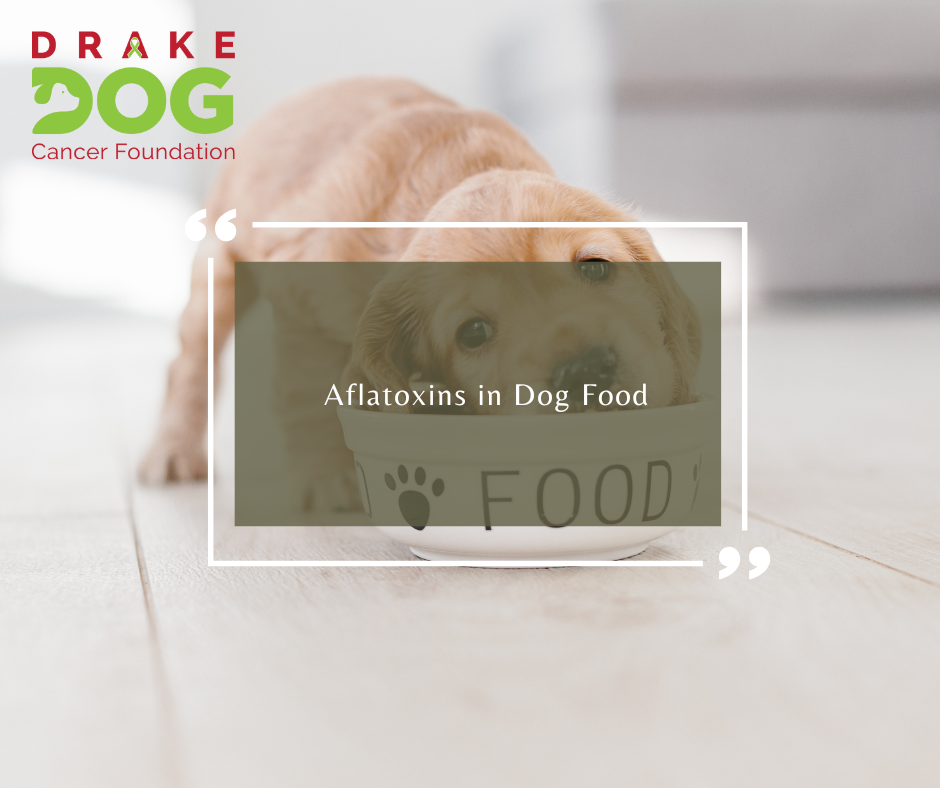2014 pet food tests revealed potentially harmful information on the food your dog or cat is eating.
The findings of tests conducted on over 40 well-known pet meals were made public by the Consumer Council of Hong Kong. Many pet owners were shocked by the findings. Foods produced by Purina, Hill’s, and AvoDerm, three well-known US food producers, were discovered to contain the carcinogen aflatoxins (aflatoxin B1). Cat food was used in the Hill’s food test.
You should learn more about aflatoxins in dog food because there is a substantial risk of aflatoxin sickness in dogs.
How Do Aflatoxins Get In Dog Food?
Molds are frequently present in nuts, legumes, and grains like rice, wheat, and corn. This can be the result of inadequate growing conditions and inadequate or prolonged storage. Aspergillus flavus is a mold that readily produces aflatoxins, which are molds that generate an extremely potent carcinogen. Flavonoids are quite stable, and even the high-temperature processing used to make kibble won’t get rid of them, giving dogs eating that diet little protection.
In a statement to the South China Morning Post, Purina reaffirmed this. According to them, aflatoxins that cause cancer are a “unavoidable natural contaminant.” Since then, according to AvoDerm, the corn has been eliminated from the recipe since they think that’s where the aflatoxins came from.
Aflatoxin is now largely sourced from corn. Recent Midwest US droughts have resulted in a record number of mold-infested crops, leading to insurance claims totaling around $75 million. The FDA raised the maximum quantity of aflatoxin allowed in animal feed in reaction to this surplus of unsafe corn for human consumption.
History Of Aflatoxin Dog Food Recalls
Dog food recalls because of these molds are nothing new for the pet food industry. The first known epidemic of aflatoxin occurred in 1974 when corn that had been infected with the toxin caused hundreds of stray dogs in India to pass away. In December 2005, nearly 100 dogs died in the US from aflatoxin-infected pet food, compared to 55 dogs who perished from tainted corn in 1998. Approximately two-thirds of dogs who consumed the contaminated diets perished, according to Cornell University.
More recently, Sunshine Mills recalled some pet meals in September 2020 after an unacceptable quantity of aflatoxins was discovered in a sample. Additionally, the FDA issued warnings in December 2020 regarding the presence of potentially lethal amounts of aflatoxins in a number of products made by Midwestern Pet Foods, Inc. Even though these foods were recalled, at least 28 dog deaths and 8 illnesses were reported.
Aflatoxin Tests
The College of Veterinary Medicine at Cornell University developed new screening techniques to detect aflatoxin toxicity following the poisonings in 2005. Blood and liver samples from veterinarians across the nation can be sent for analysis. Additionally, Cornell will test foods for contamination and perform post-mortems to check for toxicological evidence.
Testing in the US has also revealed that almost all commercial pet foods contain aflatoxins or other mold-related mycotoxins, aside from the dog food recalls owing to high levels of aflatoxins. 965 samples of pet food were examined by the animal health and nutrition business Alltech, which discovered that 98% of them were infected with one or more mycotoxins and 93% of them contained two or more.
Even pet meals free of grains still have a significant amount of carbohydrates from legumes. This indicates that there is still a chance that mold spores will contaminate the kibble while it is being stored. particularly if it is in a damp environment. If your kibble is kept in an open container or a damp cellar, this may even take place in your own home.
Symptoms Of Aflatoxin Poisoning In Dogs
Aflatoxin effects mostly the liver. Dogs who consume 0.5 to 1 mg of aflatoxin per kg of body weight can pass away in a matter of days. Subacute symptoms can be brought on by smaller quantities of aflatoxins, such those present in the majority of pet food samples.
- Weight loss
- Lethargy
- Vomiting
- Diarrhea
- Jaundice (yellow eyes, gums or skin)
- Unexplained bruising or bleeding
- Diarrhea
Get your dog to the vet right away if you see any of these signs since atoxin poisoning in dogs can be fatal.
Additionally carcinogenic are aflatoxins. They interact with DNA and alter cellular structure. Less than 1 mg of aflatoxin per kg of feed was all that was needed for Newberne and Wogan (1968) to be able to cause malignant tumors in rats.
Food may go unnoticed as the cause because ingesting modest amounts of aflatoxins over time will result in cumulative liver damage or malignant tumors. Aflatoxin toxicity is therefore probably underreported.
Other Toxins In Pet Foods
Other concerning tendencies were discovered by the Consumer Council investigation. Purina, Iams, and Solid Gold were three of the US brands evaluated that also included melamine or cyanuric acid. These were the poisons that hundreds of animals were exposed to in 2007.
Additionally, commercial pet diets contain other harmful components such acrylamides, heterocyclic amines, and, most recently, PBDEs (polybrominated diphenyl ethers), a substance used as a flame retardant.
Canine aspartotoxicity can be fatal. It is best to stay away from all foods that contain maize, especially since mold-infested corn is frequently added to animal feed. Feeding fresh, whole foods is still the greatest method to prevent your pet from cancer and other problems that processed pet meals can bring on because many processed foods still contain melamine and other dangerous ingredients.
Read more:
Aflatoxin Poisoning in Pets | FDA
Aflatoxin… Avoiding the Deadliest Natural Toxin in Dog Food
Aflatoxin in Dog Food: What You Need to Know | Great Pet Care
Toxic Effect of Aflatoxins in Dogs Fed Contaminated Commercial Dry Feed: A Review – PMC
